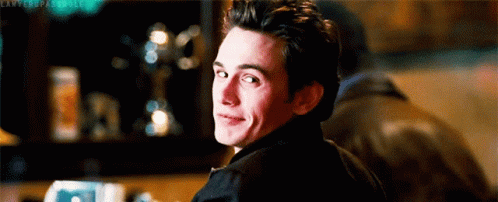The Pittsburgh Press (April 14, 1943)

Roving Reporter
By Ernie Pyle
In Tunisia –
The central part of Tunisia is a sandy-colored, desert-like country. It is made up of mountain ridges with wide, flat, fertile valleys between them. The ridges have fir trees high up, but the valleys are without vegetation except for the crops and a knee-high growth of bush. Consequently, the valleys are poor places for hiding big motorized troop concentrations. About the only thing that affords any natural cover is an olive grove or a cactus patch.
Some of these cactus patches grow wild, and others are planted in rows just like any other crop. The plants are shoulder-high, and have big thick leaves of the prickly-pear type. They have thorns an inch long, vicious and cruel. The cactus is grown for camel feed, and camels actually come up and eat them off the bush. How they do it I don’t know, for the stickers are as hard as steel needles, and they don’t bend. But the camels don’t seem to mind.
Danger in cactus patch
Every soldier over here has learned to tread cautiously through a cactus patch, for these stickers can cause you grave trouble. They frequently start bad infections. I saw a soldier one day being taken to the rear with his arm swollen so badly he had to carry it on a sort of rack. And I myself had a small experience with them. I’d noticed for several days that my right knee was so sore I could hardly put any weight on it when I got down to roll up my bedroll. But I supposed I’d just bruised it on a rock, and didn’t pay much attention.
It wasn’t until I returned to the city and took off my clothes for the first time in weeks that I saw an angry-looking lump on my knee. So, like a country boy, I squeezed it and out popped a cactus thorn half an inch long.
In a day or two the soreness was gone. Anybody else would probably have lost his leg, but you see I lead such a pure life that my blood was clear and strong and noble and all that stuff, period.
Goes to battle with shovel
The soldiers all laughed when I started out to battle armed only with a shovel. That does seem a ridiculous instrument to carry to the wars, but I’m a pretty smart guy, you know, and I’d figured the thing all out ahead of time. My calculations were verified when I got up front where the boys actually know what the zing of a bullet sounds like. None of them laughed. Because, brother, when you’re up there where the dive bombers play, digging becomes instinctive.
I’ve heard of dive-bombings so severe that soldiers lying in shallow trenches would try to dig deeper with their fingernails. And I know of many a man who is alive today because he happened to be near an empty foxhole some previous warrior had dug. Long live the shovel!
There seems to be a sort of unwritten law that full colonels and generals always act nonchalant when in danger. Most colonels and generals don’t wear their steel helmets in battle. I thought for a while it was an unbreakable tradition, but I have seen a few colonels and generals wearing them.
I lost my steel helmet
I don’t wear mine, incidentally. But that’s not because I’m nonchalant. It’s because I got rattled and forgot and left it lying under as truck one night when we were retreating.
When you drive over a Tunisian road the morning after a big night convoy has passed, you see occasional trucks and tanks that have run off the road in the blackout.
I remember one morning counting two trucks and three tanks hanging over the edge in a distance of 45 miles. Nothing seemed to be damaged, and wreckers would soon have them out. One tank had run off a concrete bridge and dropped about 10 feet into the dry steam-bed below.
It was just after daylight, and we stopped to see if anybody were hurt. Everything was still and quiet around the tank. And then we saw, about 50 feet away, the whole crew stretched out on the sand, covered with their blankets, sound asleep while the morning sun beamed down on them. As peaceful a picture as you ever saw.
